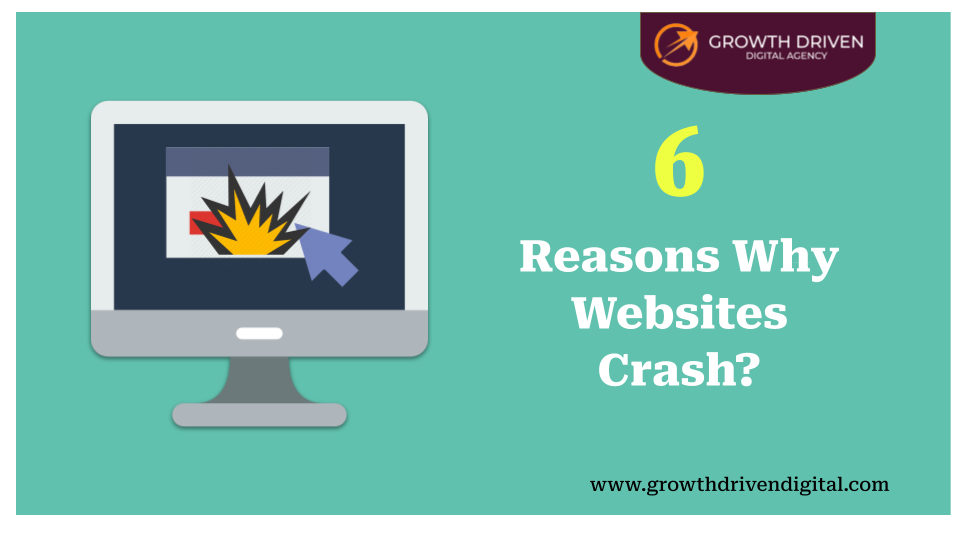SEO is a critical aspect of digital marketing that helps businesses optimize their online presence to rank higher in search engine results pages (SERP). There are various factors that influence a website’s ranking on search engines, and optimizing these factors can significantly improve a website’s visibility in SERP. In this article, we will discuss the top 15 SEO ranking factors that businesses must focus on for better results in SERP.
Content Quality and Relevance
High-quality and relevant content is the most crucial SEO factor. Search engines value content that is informative, engaging, and relevant to the user’s search query. Businesses must ensure that their website’s content is well-written, unique, and provides value to their target audience.
Keyword Research and Targeting
Keyword research is the process of identifying and analyzing keywords that users enter into search engines. Businesses must conduct thorough keyword research to determine the most relevant and valuable keywords to target. Targeting the right keywords helps businesses reach their target audience and improve their search engine ranking.
On-page Optimization
On-page optimization involves optimizing individual web pages to rank higher in SERP and earn more relevant traffic. This includes optimizing meta tags, headlines, content, and internal linking.
User Experience
User experience (UX) is a crucial factor in SEO. Websites that provide a positive user experience tend to rank higher in SERP. Businesses must focus on improving website speed, mobile responsiveness, and navigation to ensure a positive user experience.
Backlinks
Backlinks are incoming links to a website from other websites. It comes from reputable and high-authority websites signal to search engines that a website is trustworthy and credible. Businesses must focus on building quality backlinks to improve their search engine ranking.
Page Speed
Page speed is a critical SEO factor that affects user experience and search engine ranking. Slow-loading websites tend to have a higher bounce rate, which negatively impacts search engine ranking. Businesses must optimize their website’s speed to improve user experience and search engine ranking.
Mobile Responsiveness
Mobile responsiveness is another important factor in SEO. As mobile internet usage continues to grow, search engines give priority to websites that are mobile-friendly. Businesses must ensure that their website is responsive and provides a positive user experience on mobile devices.
Social Signals
Social signals refer to the number of likes, shares, and comments a website’s content receives on social media platforms. Search engines use social signals to determine the popularity and relevance of a website. Businesses must focus on creating engaging content that encourages social sharing to improve their search engine ranking.
Domain Age and Authority
Domain age and authority refer to the age of a website and its level of credibility and trustworthiness in its industry. Search engines tend to favor older and more authoritative websites in SERP. Businesses must focus on building their website’s authority and trustworthiness over time.
Technical SEO
Technical SEO refers to the technical aspects of website optimization, such as website architecture, site map, and URL structure. It helps search engines crawl and index websites more efficiently, leading to better search engine ranking.
Local SEO
Local SEO is a critical factor for businesses that want to reach their local audience. It involves optimizing a website for local search terms, such as “near me” searches. Businesses must focus on optimizing their website’s local listings, such as Google My Business, to improve their local search engine ranking.
Content Length
Content length is another important factor in SEO. Long-form content tends to rank higher in SERP than short-form content. Businesses must focus on creating high-quality and informative long-form content to improve their search engine ranking.
Click-through rate (CTR)
]Click-through rate (CTR) is the percentage of users who click on a website’s link after seeing it in SERP. A high CTR indicates that a website’s content is relevant and engaging, leading to a higher search engine ranking. Businesses must focus on creating compelling meta descriptions and headlines to improve their CTR and search engine ranking.
Multimedia Content
Multimedia content, such as images and videos, can help improve a website’s search engine ranking. It makes a website’s content more engaging and informative, leading to a higher user engagement and search engine ranking. Businesses must focus on including high-quality multimedia content in their website to improve their search engine ranking.
Content Freshness
Content freshness refers to how often a website’s content is updated. Search engines tend to favor websites that regularly update their content. Businesses must focus on creating and updating their website’s content regularly to improve their search engine ranking.
Conclusion
Optimizing a website for SEO requires a comprehensive approach that considers various factors that influence search engine ranking. By focusing on the top 15 SEO factors discussed in this article, businesses can significantly improve their search engine ranking and reach their target audience more effectively. However, it is essential to remember that SEO is a long-term process that requires continuous effort and adaptation to stay ahead of the competition. By regularly monitoring and optimizing these factors, businesses can improve their online presence and drive more traffic to their website.



